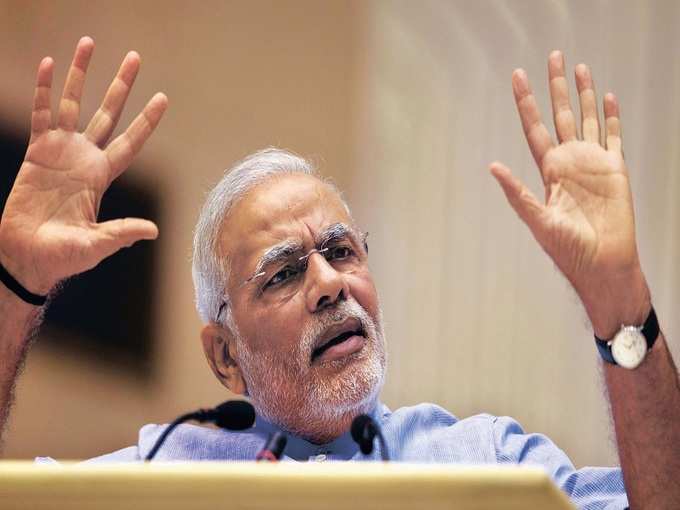
Modi added that his government had undertaken the maximum reforms, while also saying that there is a lot more that is to be done in the future.
He further supported his government’s efforts by saying that the changes that have been put in place would have been regarded as difficult to implement by previous governments.
Talking about his reluctance to sell PSUs, which are a big issue of debate for his government, he said that, "In any developing country in the world, both public and private sectors have a very important role to play. You can't suddenly get rid of the public sector, nor should you."
"When I came to the government, I used to sit down with all the experts and ask them to define for me what is the 'big bang' for them," Modi said. "Nobody could tell me."
In the last two years, the ruling party has laid a lot of emphasis on new bills and legislatures, which have or are soon to be introduced in the Parliament.
Expressing his desire to liberalize the labour laws of the country, he said that he would like the states to consider the changes.
"Labour reform should not just mean in the interest of industry," Modi said. "Labour reform should also be in the interest of the labourer."
He also talked about removing several restrictions from foreign investment in businesses, while justifying his sales pitches on several international trips, which helped prompt a sharp rise in FDI, as data suggest a rise of 29% in FDI in the latest fiscal year.
"This is the new way. If we want to ensure the success of this interdependent world, I think countries need to cooperate, but at the same time we also need to ensure that there is respect for international norms and international rules."
Image source